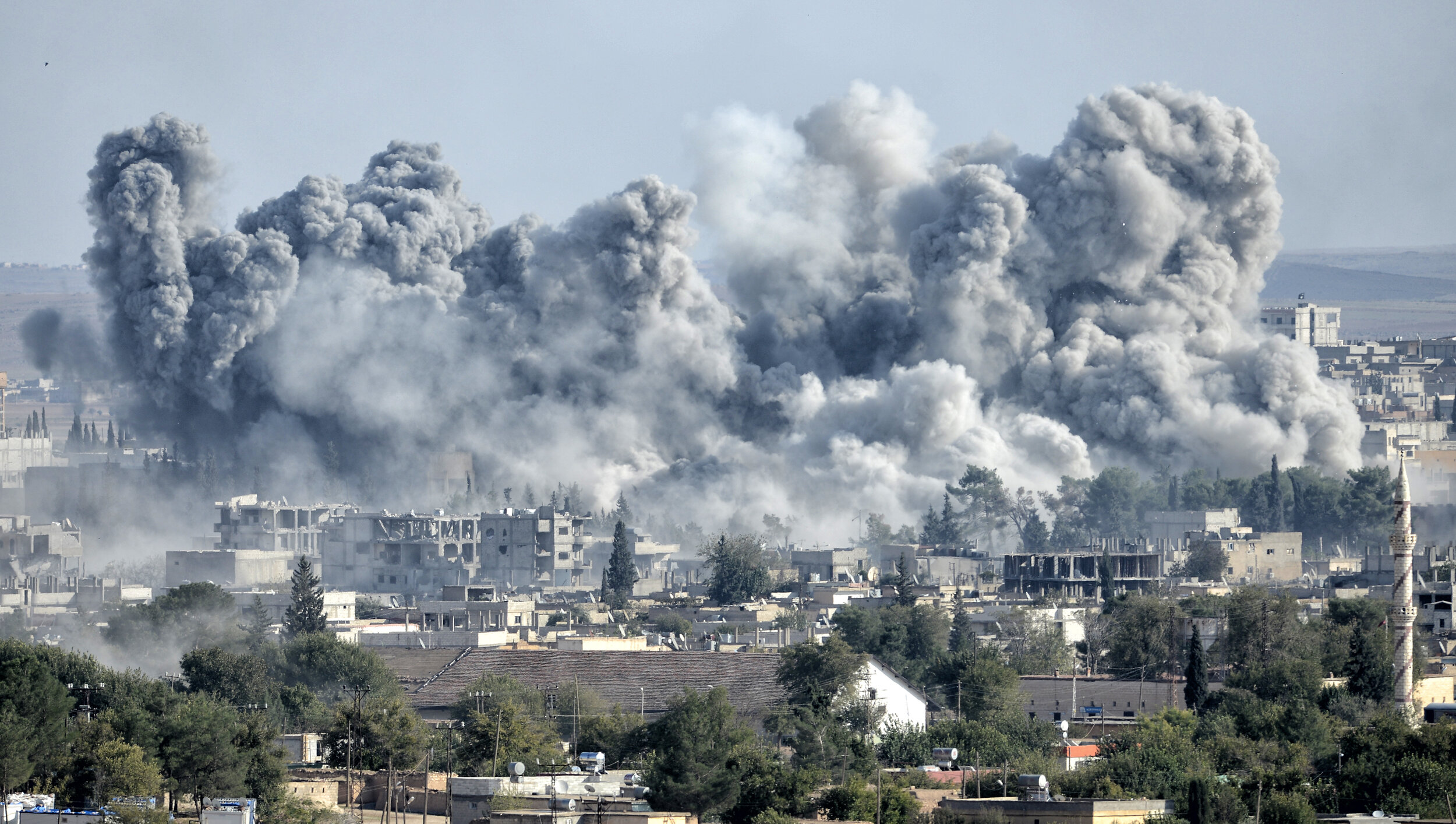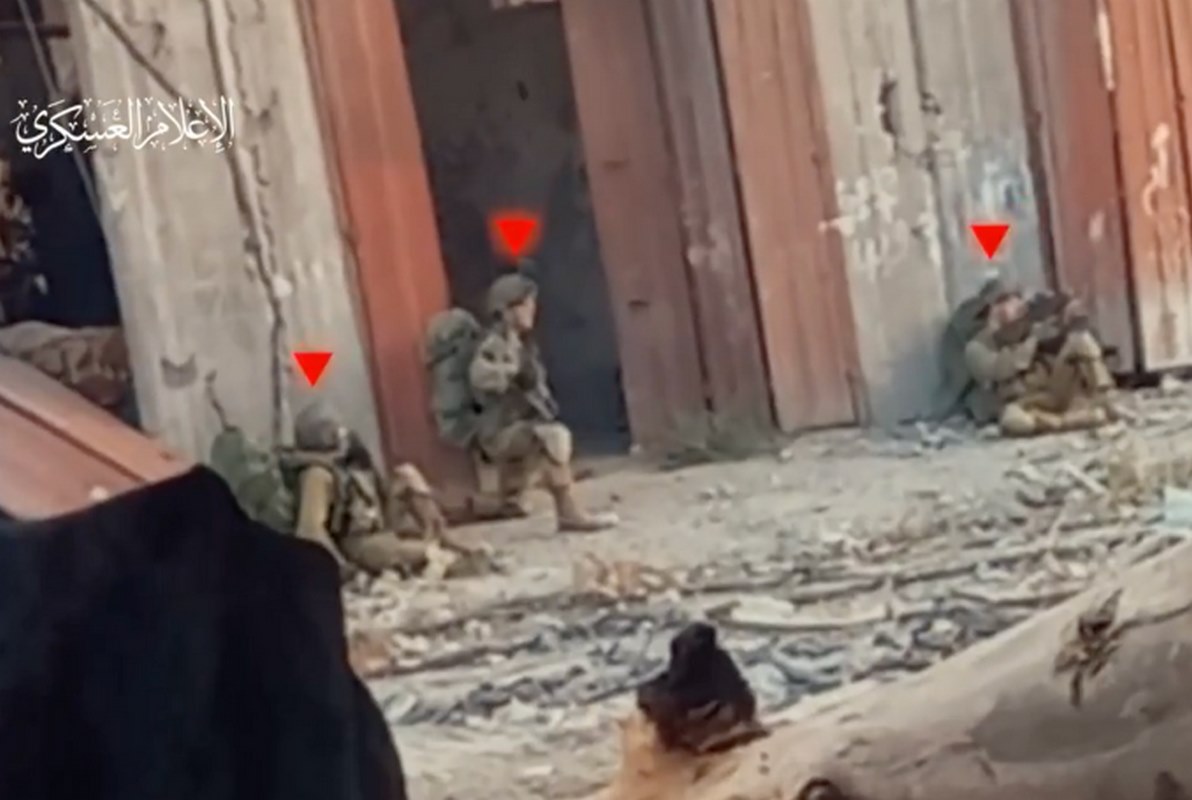Moscow, Russia, May 17th 2018. PICTURED: Syrian President Bashar al-Assad at the Kremlin photo credit www.kremlin.ru
WASHINGTON, September 26th, 2019. Senator Jim Risch, Chairman of the Senate Foreign Relations Committee, released a statement on the confirmation of U.S. Intelligence that the government of Syria has attacked civilians with chemical weapons – chlorine gas this time, in the northwest province of Idlib.
“The regime and its backers must be held to account for their crimes, some of which rise to the level of war crimes. Congress must pass the Caesar Syria Civilian Protection Act to provide accountability for these insidious acts,” reads the press release.
On May 21st of this year, the State Department announced that signs seemed to indicate a renewal of Syrian President Bashar al-Assad’s use of chemical weapons in the 8-year long civil war.
“The facts, however, are clear: the Assad regime itself has conducted almost all verified chemical weapons attacks that have taken place in Syria—a conclusion the United Nations has reached over and over again,” reads the secretary’s statement.
Now in late September, Mike Pompeo announced that U.S. intelligence has confirmed it was Assad who attacked civilian populations in northwest Syria with chlorine gas.
The Douma Attacks
The chemical weapon attacks in the town of Douma in Syria in April of 2018, prompted a military response from President Trump, who in collaboration with France, and the UK, struck several sovereign Syrian military installations with cruise missiles.
This was based on a report by the Organization for the Prohibition of Chemical Weapons (OPCW) confirming that two cylinders coated in chemical gas residue were dropped from Syrian aircraft on the town.
However someone from the OPCW leaked an independant chemical and engineering report, also conducted by members of the OPCW that came to a wildly-different conclusion. As covered by Consortium News, this leaked report seemed to be destined, quite sinisterly, to never see the light of day.
It was eventually published on syriapropagandamedia.org and concluded that “taken together, these findings establish beyond reasonable doubt that the alleged chemical attack in Douma on 7 April 2018 was staged”.
“The dimensions, characteristics and appearance of the cylinders, and the surrounding scene of the incidents, were inconsistent with what would have been expected in the case of either cylinder being delivered from an aircraft,” states the report, referring to the leading hypothesis on how Syrian forces utilized the gas.
Douma was the site of just one of several alleged chemical gas attacks, but if the leaked report is correct, any further claim of chemical weapon use by the Syrian military should not taken at face value.
The Caesar Syria Civilian Protection Act of 2019
According to the press release by Chairman Risch, Congress must pass the Caesar Syria Civilian Protection Act of 2019 (CSCPA).
This would empower the President to recommend actions that include military interventions and economic interventions like sanctions if he feels the people of Syria are threatened by the governments of not just Syria, but Iran and Russia, Syria’s allies participating in the civil war as well.
It goes further than just recommending in some cases. In Sec. 102. the legislation which has passed only the House, states that the President should impose sanctions on any foreign person(s) if they knowingly engage in certain activities including anything that would facilitate increasing the scope and maintenance of Syria’s petro-industry, selling anything that would help maintain or fortify Syrian air capabilities, and any form of engineering or construction assistance.
PICTURED: An explosion after an apparent US-led coalition airstrike on Kobane, Syria, as seen from the Turkish side of the border. Credit Orlok.
Regime-change
It’s important to remember when considering any U.S. president’s Syria policy that the goal has always been regime-change – trying to get Assad out in order to weaken Iran, and strengthen Saudi Arabia and protect Israel.
Under command of President Obama, Former CIA Director John Brennan helped arm jihadist veterans from the American invasion of Iraq – Sunni insurgents or Wahhabi militia groups like Jaish al-Islam famously disguised as “moderate rebels,” to try and unseat the secular Ba’athist President of Syria, Bashar al-Assad.
Assad has survived the Civil War imposed on him by the United States and her allies, relying mainly on absolutely ruthless retaliation. The war has seen at least 500,000 killed on all sides, and more than 12 million former citizens become refugees.
The United States could do very little to directly support their armed insurgents – except whenever allegations of chemical weapon attacks arose.
The only time American military capabilities struck Assad’s forces came in the wake of an alleged chemical weapon attack.
In late September 2019, Science published an article on an examination of the evidence of the sarin gas attack in Khan Shaykhun, Syria in April of 2017 – a year before the alleged chlorine attack at Douma.
Of the corresponding paper’s 3 authors, the most well-known is Theodore Postol, professor emeritus at the Massachusetts Institute of Technology in Cambridge and a respected expert on missile defense and nuclear weapons. Postol et al. took all the evidence and modeled a situation where the impact crater was caused by a 122 mm artillery rocket (a widely available technology) rather than a bomb dropped from an aircraft – the currently accepted theory.
Following this particular incident, President Trump fired 59 cruise missiles at Syria.
Assad began attacking the Idlib Province of northwest Syria in 2019 after he claimed insurgents broke the ceasefire there, and as it turned out, the gas returned again. But with two professional rebukes, any more chemical weapons allegations should be considered with the utmost scrutiny – though Pompeo hasn’t provided any evidence for this most recent event in Idlib.
Continue exploring this topic — Amid Murky Waters, 400 Congressmen Sign Letter Stating War In Syria Should Continue



